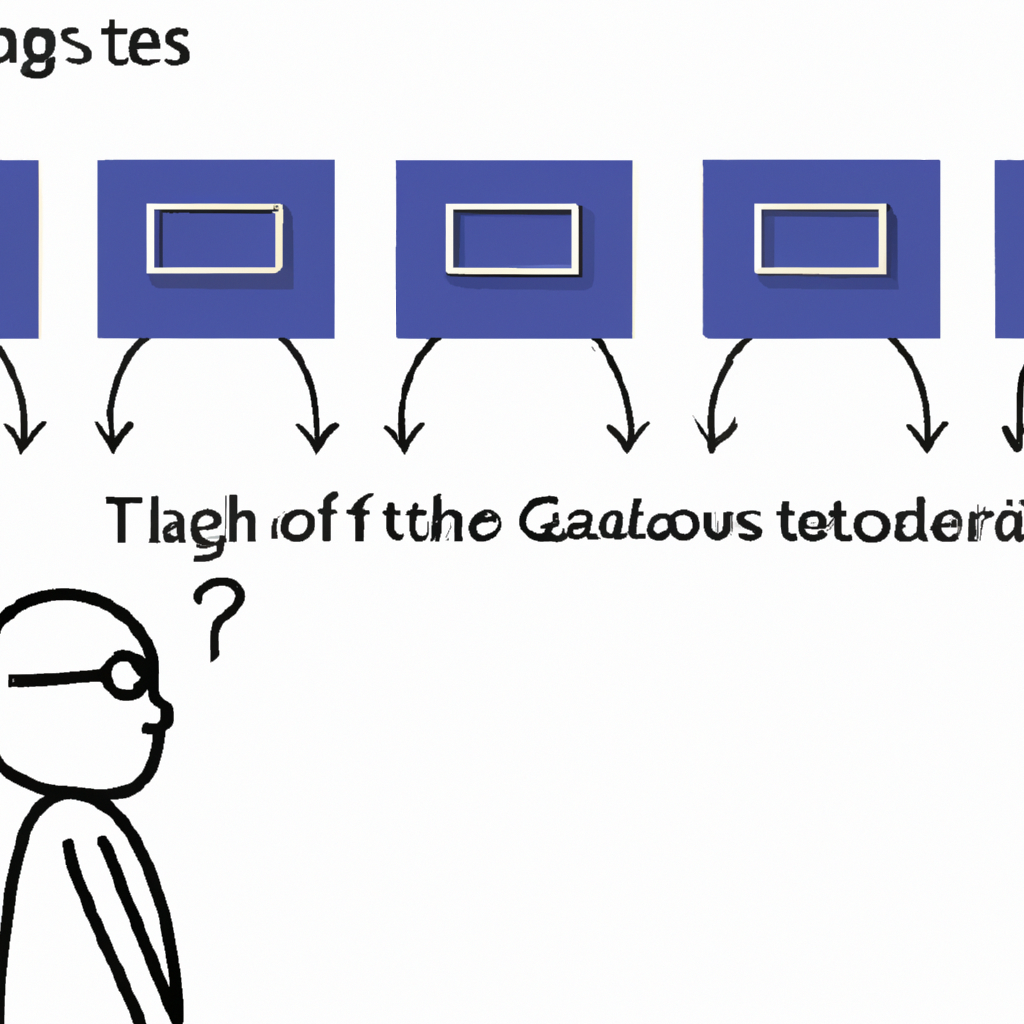The rapid advancement of technology has sparked a circuitry revolution that has transformed the way we live, work, and communicate. From the rise of artificial intelligence to the ubiquity of smart devices, our world is becoming increasingly interconnected. However, this technological progress has also brought forth a host of policy challenges, particularly in the realm of privacy and power dynamics. In this article, we will delve into the complexities of this circuitry revolution, explore the policy challenges it poses, and propose solutions to address them.

The Evolution of Technology: A Double-Edged Sword
Technology has undoubtedly revolutionized our lives, enabling us to connect with others across the globe, access vast amounts of information, and automate various tasks. However, with these benefits come significant policy challenges. One such challenge is the erosion of privacy in the digital age. As our lives become increasingly intertwined with technology, our personal data is constantly being collected, stored, and analyzed. This raises concerns about surveillance, data breaches, and the misuse of personal information.
Protecting Privacy in the Digital Era
To address the policy challenges surrounding privacy, governments and regulatory bodies must play a proactive role in ensuring the protection of individuals’ personal data. Robust data protection laws, such as the European Union’s General Data Protection Regulation (GDPR), have been introduced to give individuals more control over their data and hold organizations accountable for its handling. Additionally, technological solutions such as encryption and decentralized platforms can help safeguard privacy in an increasingly interconnected world.
Power Dynamics in the Digital Age
Another critical policy challenge posed by the circuitry revolution is the concentration of power in the hands of a few dominant technology companies. These companies have amassed vast amounts of data and wield significant influence over various aspects of our lives, from online advertising to content moderation. This concentration of power raises concerns about competition, innovation, and the potential for abuse.
Promoting Competition and Innovation
To address the policy challenges associated with concentrated power, policymakers should focus on promoting competition and innovation in the technology sector. This can be achieved through robust antitrust enforcement, ensuring a level playing field for all market participants, and fostering an environment that encourages new entrants and startups. Additionally, policymakers can support open standards and interoperability, which promote competition and prevent lock-in effects.
Ensuring Ethical Use of Technology
As technology continues to advance, policymakers must also grapple with the ethical implications of its use. From algorithmic biases to autonomous weapons, there are numerous ethical challenges that require thoughtful policy interventions. Establishing ethical frameworks, conducting impact assessments, and fostering multi-stakeholder dialogues can help ensure that technology is developed and deployed in a manner that aligns with societal values and avoids harm.
The Role of International Cooperation
In an increasingly interconnected world, policy challenges surrounding the circuitry revolution are not limited to individual nations. Global collaboration and cooperation are crucial to address these challenges effectively. International bodies, such as the United Nations and the World Trade Organization, can facilitate discussions and the development of harmonized policies that promote privacy, competition, and ethical use of technology across borders.
Conclusion
The circuitry revolution has ushered in a new era of technology, presenting both opportunities and policy challenges. From privacy concerns to power dynamics, policymakers must navigate a complex landscape to ensure that the benefits of technology are harnessed while minimizing its risks. By establishing robust data protection laws, promoting competition and innovation, and fostering ethical use of technology, we can navigate this revolution and shape a future that prioritizes individual rights, societal values, and global cooperation. Together, we can build a world that harnesses the power of technology while preserving our privacy and empowering individuals.





